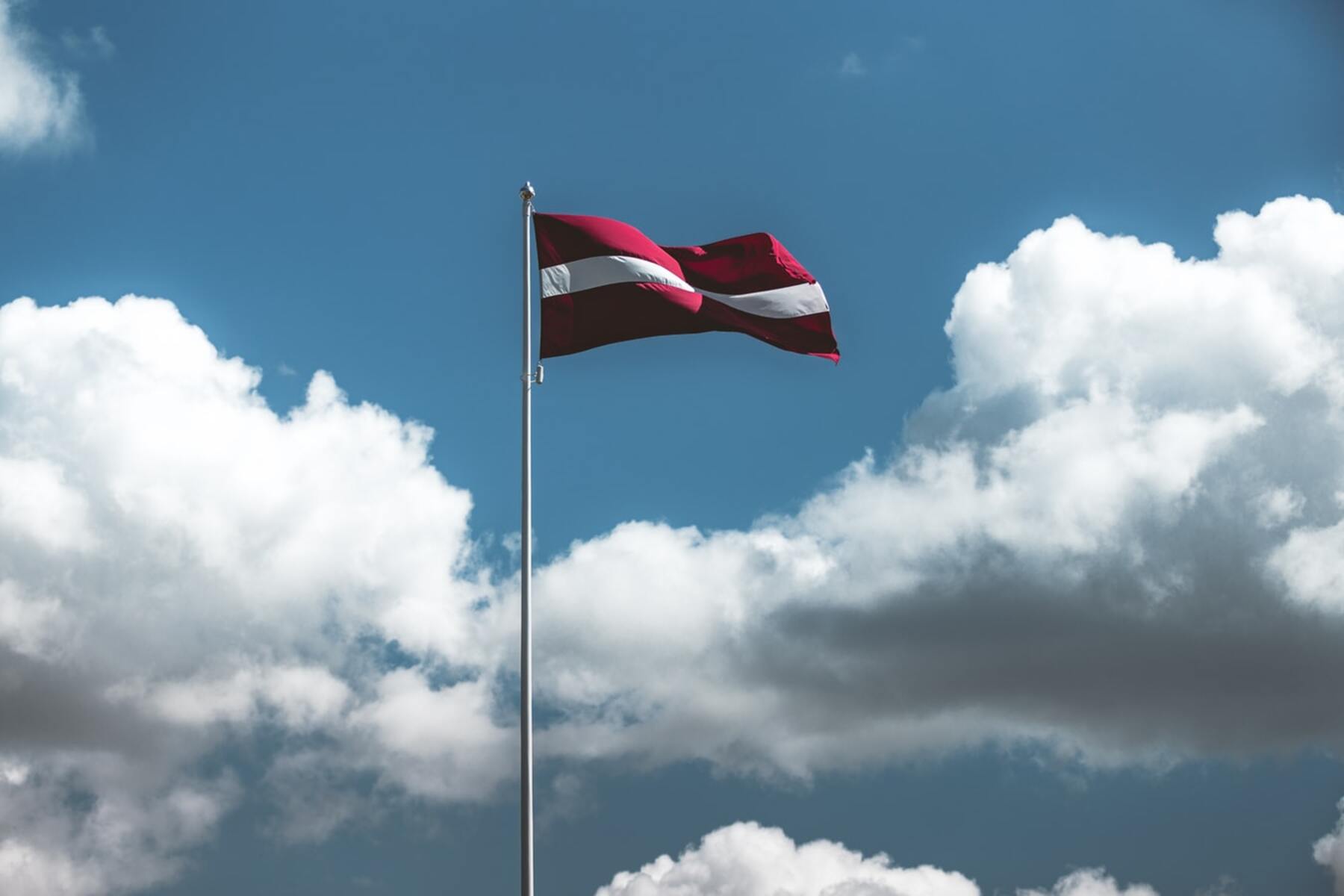
Those in total, you must have lived in the country for at least 10 years.
How to obtain Latvian citizenship?
Have permanently resided in Latvia for at least the last 5 years on the day of applying for citizenship. Of these 5 years, in general, only a break of 1 year is permissible, which should not be in the last year before the date of citizenship application! This will need to be confirmed by a certificate from the local government that the person resides in the administrative territory of the respective local government.
It is mandatory to pass exams for knowledge of the Latvian language (at least for category B1).
Pass an exam on knowledge of the basics of the history and culture of Latvia, as well as the main provisions of the Satversme (Constitution) of Latvia and the text of the national anthem (it can be sung, written, or recited from memory during the exam).
You can fail the exam 3 times. Then you will need to apply in a new way. Usually – after 3 – 6 months, depending on which part of the exam the applicant for citizenship did not pass. It will be necessary to hand over only the part that he filled up.
People who have reached the age of 65 are exempt from the written part of the Latvian language exam.
Besides, it is necessary to renounce the previous citizenship (for persons with citizenship), for non-citizens or stateless persons of other countries – it is necessary to confirm that he does not have the citizenship of another country. The latter requirement does not apply to persons who have been granted refugee status in Latvia. Latvia practically does not have an agreement on Dual Citizenship with any country.
You also need to prove that you have a legal source of income. Provide a choice:
- employment certificate from the employer;
- document on receipt of benefits;
- a certificate from an educational institution;
- documents proving that a person has performed economic and financial activities in the territory of Latvia for a certain period (for example, as a self-employed person or an entrepreneur).
An oath of allegiance to the Republic of Latvia must be signed.
The procedure for taking the oath is regulated by the Cabinet of Ministers Regulations of 2013 “Procedure for the solemn ceremony of taking and signing the oath of allegiance to the Republic of Latvia”.
Children under the age of 15 who permanently reside in Latvia can also naturalize with their parents!
If children under the age of 15 are normalized at the same time as the person, it is additionally necessary to apply for the naturalization of the child and a document confirming the child’s permanent residence in Latvia.
Latvian passport for children
A child is recognized as a citizen of Latvia if he meets the following requirements:
- the child was born in Latvia after August 21, 1991;
- the child’s permanent place of residence in Latvia;
- previously, he was constantly not a citizen or stateless person;
- his/her parents are permanently stateless or non-citizens;
- the parent with whom the child lives have been permanently residing in Latvia for at least the last five years.
Who cannot get a Latvian passport?
- convicted persons (under certain articles);
- persons who have not fulfilled their tax or other obligations concerning Latvia;
- persons who by their behavior or actions threaten the state or public security of Latvia, the democratic constitutional foundations of the state, the independence and territorial inviolability of the country;
How much is it?
- The state duty for naturalization in Latvia is EUR 28.46 or EUR 4.27 for:
- members of needy families or needy persons living separately;
- unemployed registered with the State Employment Agency;
- family members with three or more minor children;
- retirees by age or seniority;
- disabled people of 2 and 3 groups;
- students of state-accredited institutions of general and vocational education;
- students of full-time departments of higher educational institutions, accredited by the state.
Politically repressed persons, disabled persons of the 1st group, orphans, children left without parental care, persons admitted to state or municipal institutions of social care are exempted from paying the duty.
Interesting fact
After the restoration of independence in 1991, only those residents and their descendants who were citizens of Latvia on June 17, 1940 (the moment of loss of independence) automatically received Latvian citizenship. The rest of the residents (about 30% of the population) were issued a “non-citizen of Latvia” passport.
As a result, there were more than 700 thousand purple passport holders in Latvia at that time, in Estonia – about half a million with gray passports. Over the next 20 years, the number of non-citizens steadily decreased: some emigrated, others accepted the rules of the game and passed the naturalization exams. However, to this day, over 240 thousand stateless persons live in Latvia, and over 80 thousand in Estonia.
